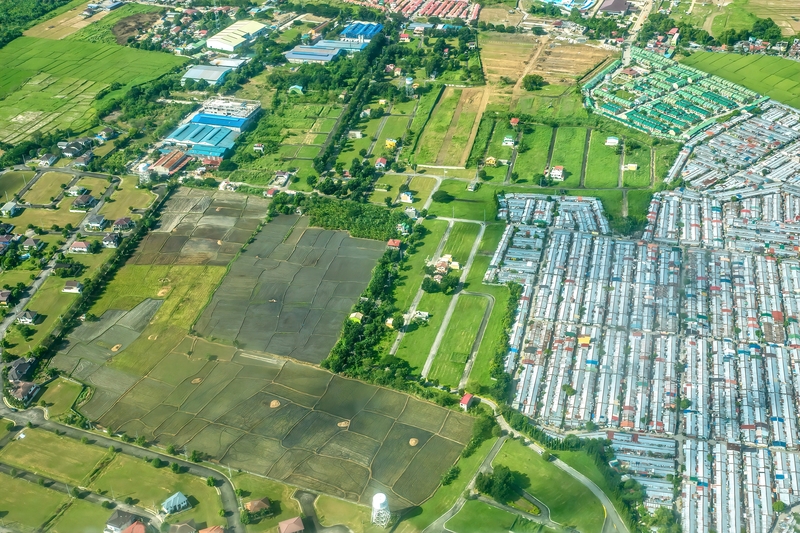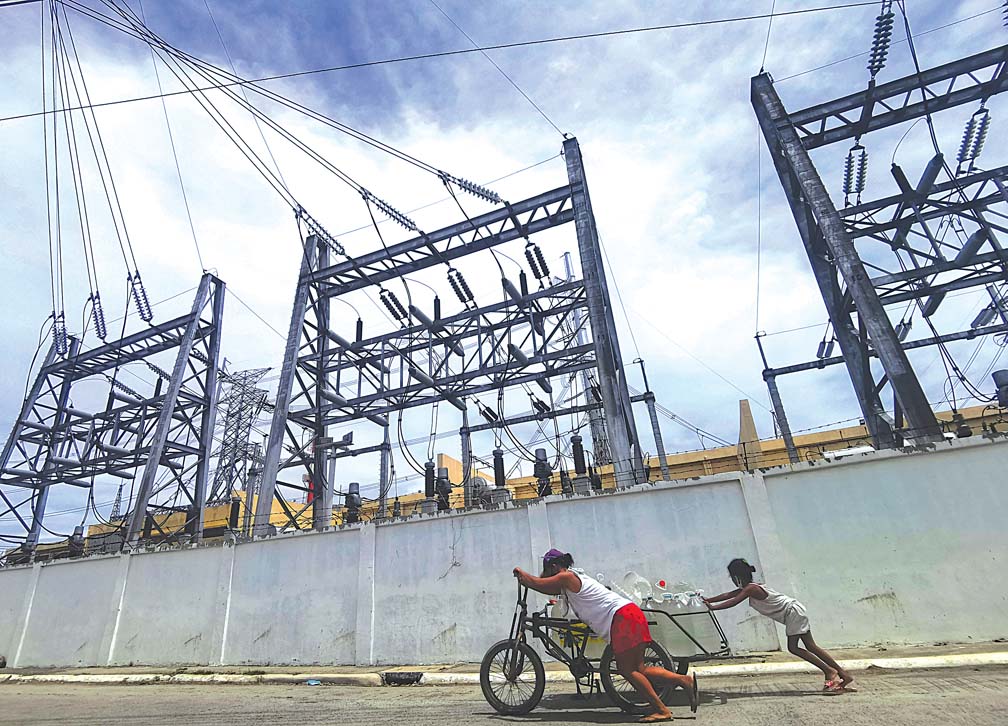The Department of Trade and Industry (DTI) is eyeing to adopt an industrial policy of import substitution to rev up the country’s manufacturing sector.
Trade Secretary Ramon M. Lopez said this is one of the approach being eyed by the government to allow local industries to expand their domestic market base.
At the Manufacturing Summit on Thursday, the Trade and chief said, “We’re studying a policy to encourage developing local manufacturing base for products being imported.”
He added: “This is something we’d like to reestablish, for example in the pharmaceutical [sector]. A local manufacturer of a foreign brand can set up a manufacturing cooperation where so we can reduce some kind of import substitution. It can be a win-win strategy. We won’t do any tariff protection but working out better collaboration with foreign brands.”
Lopez said the pharmaceutical sector is one area where import substitution could be applied to offer more affordable medicine to the public.
As a way to incentivize the manufacturers, there could be some form of technical assistance or joint research and development, Lopez added.
The DTI chief said that aside from import substitution option, the establishment of domestic economic zones is also another initiative they’re keen to develop.
In a previous interview, Trade Assistant Secretary for Industry Development Rafaelita M. Aldaba, said the department wanted domestic catering industries to be on a par with those managed by the Philippine Economic Zone Authority (Peza), or export-oriented companies.
Aldaba added this was also one way to raise the competitiveness of domestic industries, amid the influx of cheaper imported goods at zero tariff, particularly those coming from China and Asean member-countries, due to the region’s economic integration.
“Ideally, we want to give the same incentives to domestic ecozone locators as those given by the Peza; domestic manufacturers face the same competition anyway. This can be done, especially for small and medium enterprises that can supply raw materials or intermediate components to enterprises inside the zone, so we can really intensify the linkage between the ecozone and the domestic economy,” Aldaba said in a previous interview.
Lopez, echoing his predecessor, clarified that in these domestic ecozones, the incentives may “not necessarily” be income-tax holidays, but other type of government support.
Peza-registered firms enjoy, among other perks, tax and duty-free importation of raw materials, capital equipment, machineries and parts.





























